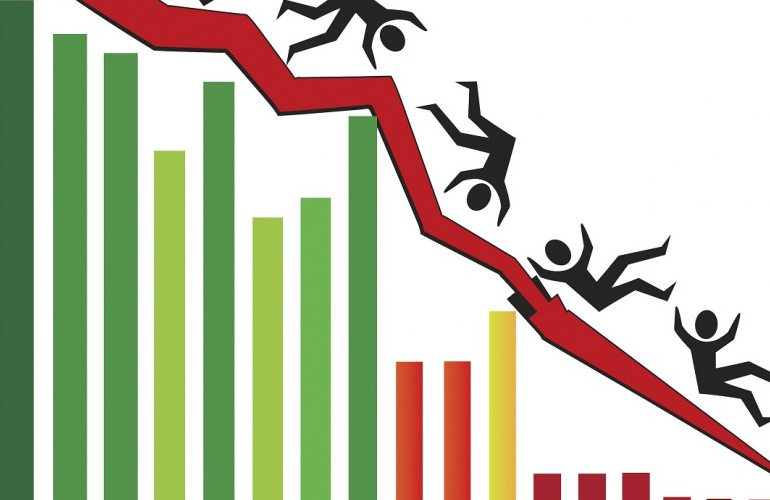
The current economic crisis, an exposé on the predicted disabilities and inhuman dispositions of neo liberal policies, especially its role in developing economies just as it is in all sectors, seem to be one that will ignite, if it has not already ignited a revolt that will sure upturn global fortunes for the better.
Not sure if Nigeria will be a beneficiary, given the nature of our intellectual, organisational, state and structural ineptitude as well as absence of national cohesiveness in a situation where nearly every analysis is garbed in ethnicity and clear allegiance to anything but national interests.
Most critics, these days, see issues in the context of who was there and who is now there and from where; nothing much about what was there and what is there. Indeed, somehow contemporary Nigeria has degenerated so fast, perhaps faster than any human abode at all levels.
It may seem that because we never had situations when the opposition becomes government, no one, including the present government planned for the crisis we are now collectively burdened with.
That just one citizen keeps millions of dollars at home, amounting to sums that could have either rejuvenated or built sectors that would have shot the citizens and country to better life and greater heights in human endeavour, doesn’t seem to be as worrisome to many as it would be if it were not perceived or analysed in regional or ethnic garbs with party biases; nauseating debates over legalities and constitutionality even as our legislators brazenly display superiority in self-interests above our collective future and fortunes as if there were no laws and constitution before now.
When any of the three arms of government treats the fourth arm, the real arm of government- the citizens- with so much impunity, the country goes down.
The worst is when the “last hope of the common man”, as the judiciary is commonly referred to, becomes a convenient abode of the devil sullying the common man.
While Nigerians have been compelled to contend with growing debts, debts imposed on the citizens by selfish and inept leaders who swam and possibly still swim with our collective wealth; monumental debts that have mostly been brazenly embezzled beyond anyone’s imagination before the advent of the present government, some people still argue that it was wrong to pick judicial officers, Judges of the highest court, the Supreme Court, who kept monies in different currencies- proceeds of compromise; monies handed them by those spending our collective treasure- in their homes.
Judges; those who should be revered, feared professionals that should have been leading examples in decency and professional discipline; those who should be presiding over cases of corruption; those who should have been ordering prisons opened for all the characters slowing us down, are the ones keeping proceeds of corruption in their homes.
This is the highest of all scandals emerging from the rots of several years of maladministration of a country with so much resources in human and material quantum enough to rule the world.
When the judiciary becomes as compromised as it has so far been exposed by alleged discoveries by those who carried out midnight sting operations in the homes of Judges suspected to have compromised their professional ethics, any such country is already doomed. But, somehow, the battle against corruption must be trap free.
It must have good legal and constitutional unbreakable grounds strong enough to make judges or anyone unable to circumvent. There are questionable methods and the regime is obviously serious enough in the ordinary about the battle against what has slowed the country down than to allow legal or constitutional pits as obstacles.
There are questionable actions that point to obvious pitfalls in the investigation, arraignment and trial of the accused persons/judges. For instance, is the State Security Service responsible for any form of operation in corruption related cases? When did the SSS become Department of State Services? Which law changed their name? Why wasn’t the Economic and Financial Crimes Commission or the Independent Corrupt Practices Commission or the anti-fraud unit of the Nigeria Police involved? Any of the accused judges can throw these questions as obstacles to proper prosecution.
Haven’t they used these to free previously prosecuted individuals? Yes, the judiciary stinks, and we must say this very loud, but the den of crime must not be invaded in manners anyway seen much more helpful to criminality.
Agreed, the element of surprise is necessary in situations where accomplices of suspects sits within the agencies with direct responsibilities to deal with corruption related cases or any crime, but there should be some fine officers in the appropriate agencies that can carry out flawless operations without compromise. To be continued…….
Yaqub is an Assistant Secretary at the headquarters of Nigeria Labour Congress, Abuja.
END

Be the first to comment